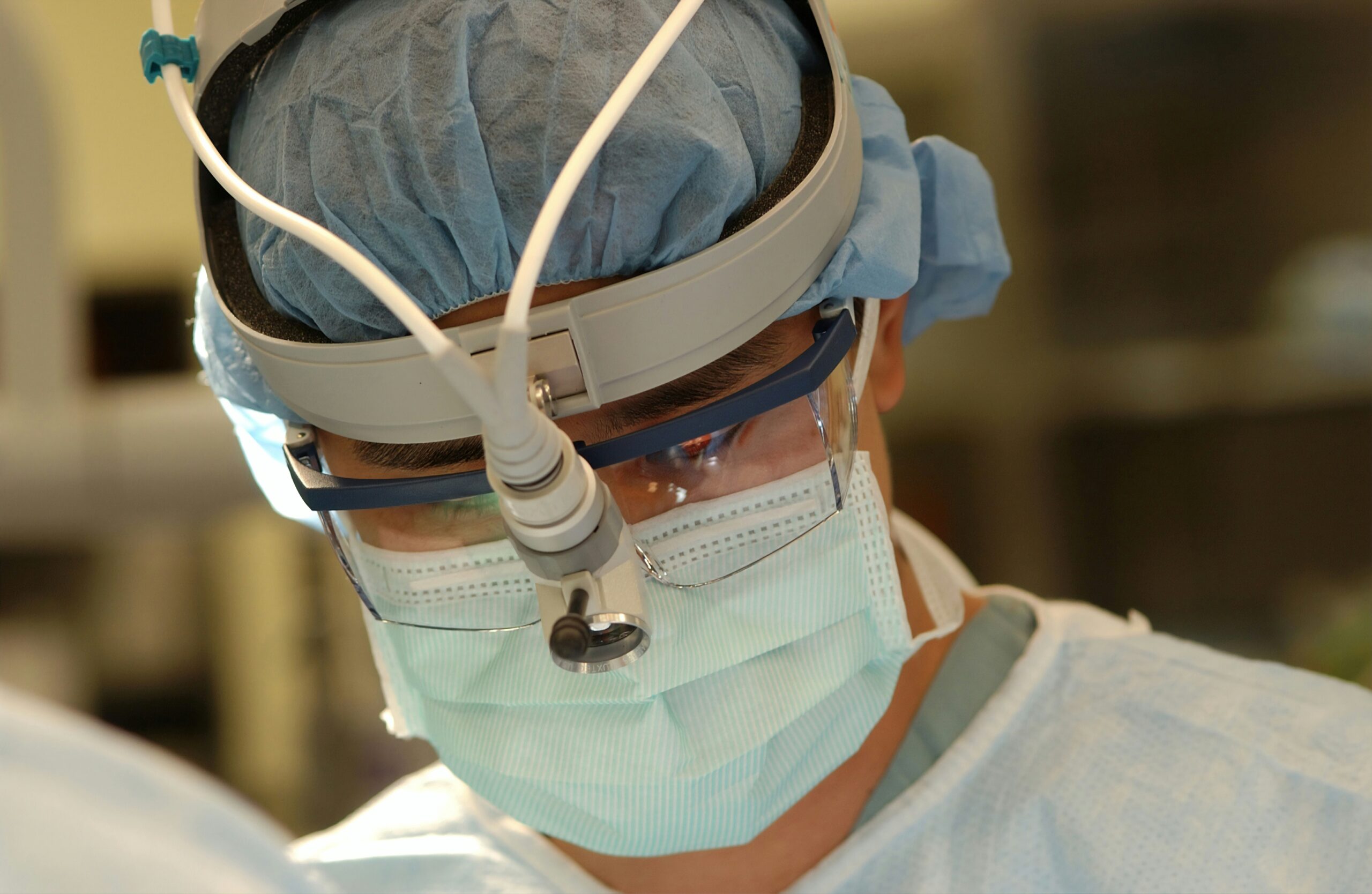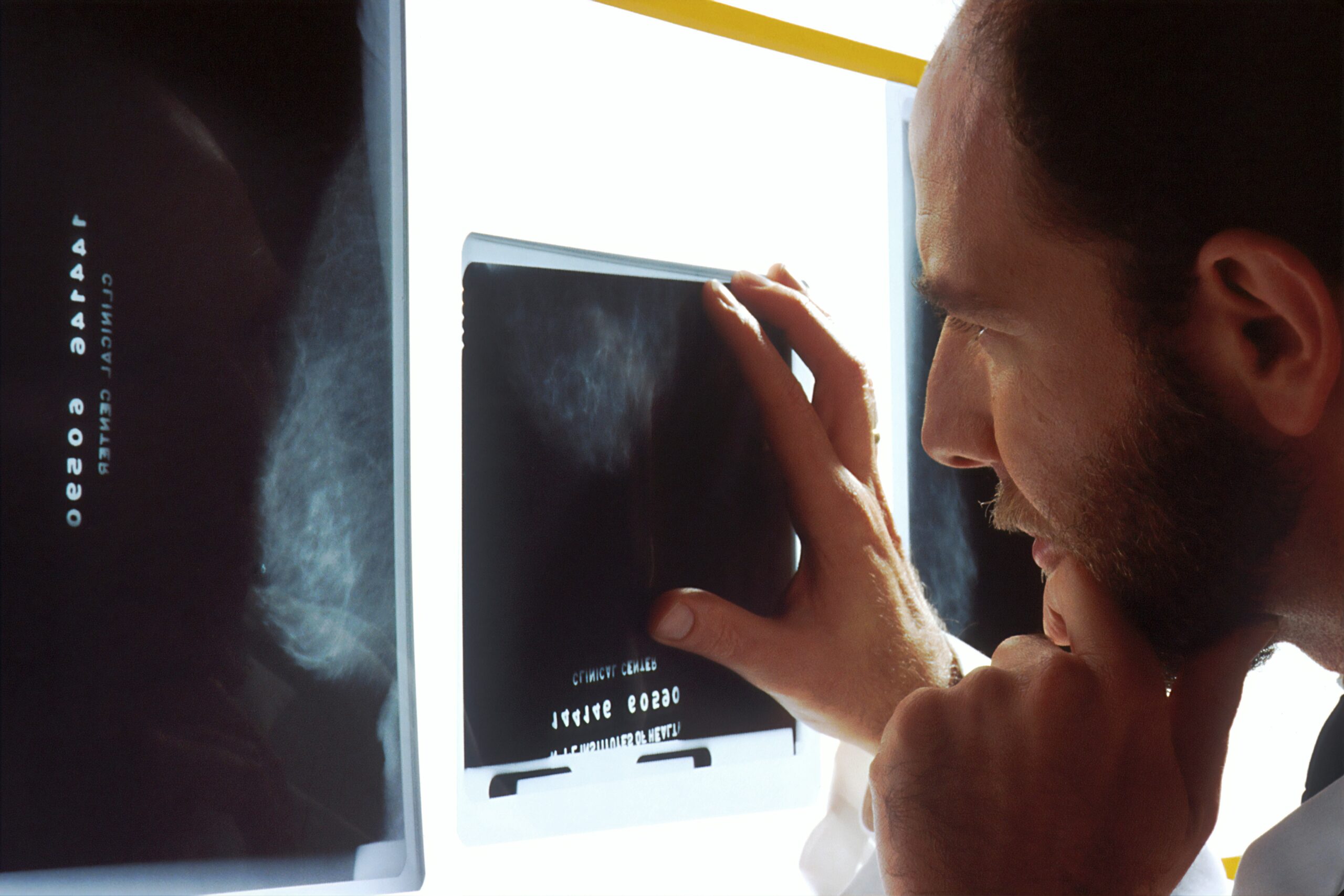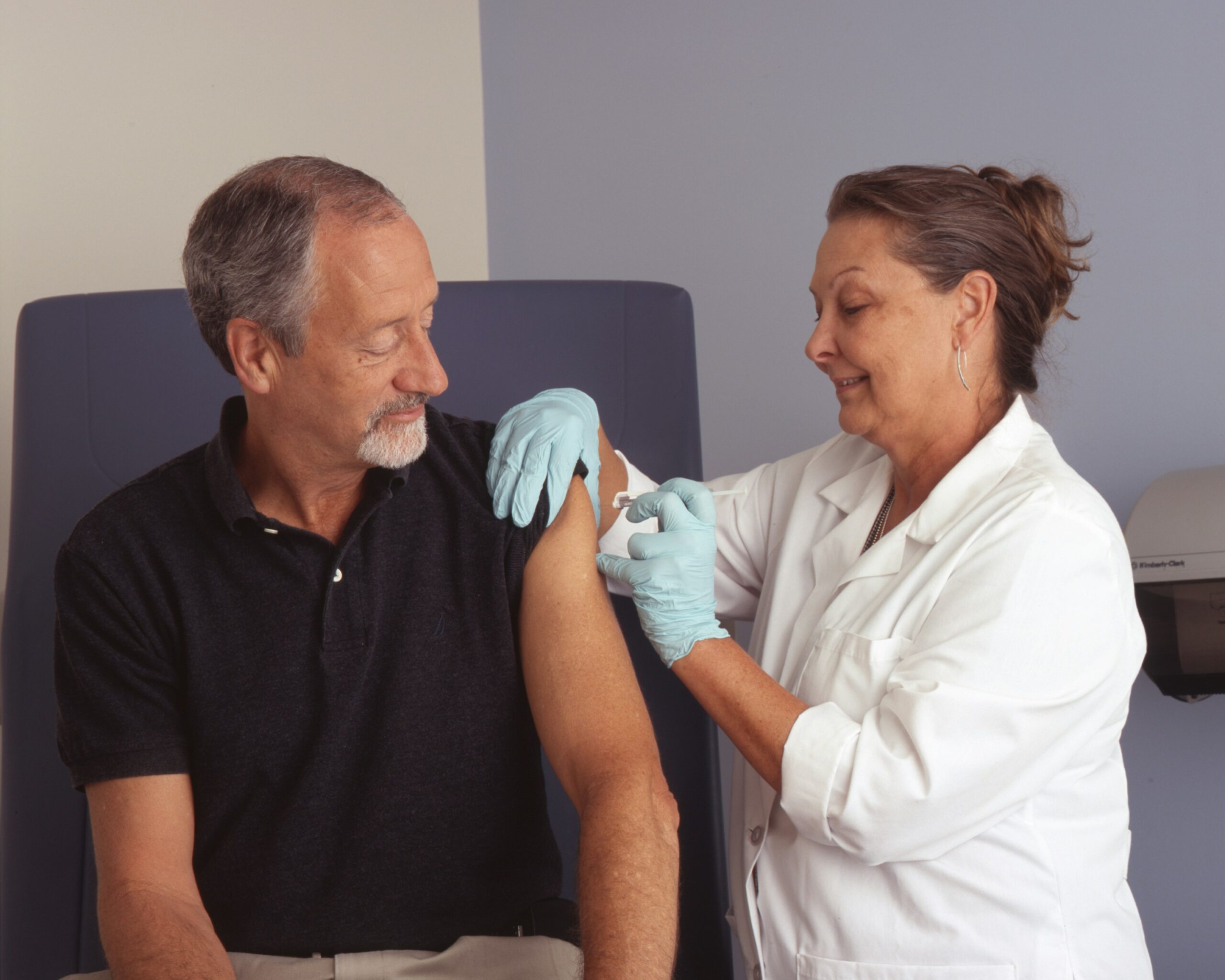Have you ever wondered about the role of the prostate gland in ejaculation? It's fascinating to explore the intricate workings of our bodies, and the prostate gland plays a critical role in the process of ejaculation. From the production of seminal fluid to the vital functions it performs, let's delve into the significant impact of this tiny but mighty gland on our sexual experience.

Understanding the Prostate Gland
Definition of the prostate gland
The prostate gland is a small, walnut-shaped gland that is an essential part of the male reproductive system. It is located just below the bladder, in front of the rectum, and surrounds the urethra – the tube that carries urine and semen out of the body. The prostate gland plays a crucial role in reproductive and sexual functions.
Location of the prostate gland in the body
As mentioned earlier, the prostate gland is situated just below the bladder, in front of the rectum. Its location allows it to have direct contact with both the urinary and reproductive systems. Its proximity to other important organs, such as the bladder and urethra, highlights its significance in maintaining proper bodily functions.
Physical characteristics of the prostate gland
The prostate gland is approximately the size of a walnut and weighs about 20 to 30 grams. It is composed of glandular tissue, smooth muscle, and fibrous tissue. The glandular tissue produces the essential prostate fluid, while the smooth muscle enables the contraction of the prostate during ejaculation. The fibrous tissue provides support and structure to the gland.
Functions of the Prostate Gland
General role of the prostate gland in the male reproductive system
The prostate gland serves multiple functions within the male reproductive system. Its primary role is to produce prostate fluid, one of the key components of semen. Additionally, the prostate gland assists in the transport and nourishment of sperm, aiding in the fertility and reproductive processes.
Production of prostate fluid by the gland
The prostate gland is responsible for producing and secreting a milky, alkaline fluid known as prostate fluid. This fluid constitutes a significant portion of semen and plays a crucial role in sperm survival and motility. Prostate fluid contains various enzymes, proteins, and minerals that provide vital nutrition and protection to the sperm.
Assistance in sperm transport
Beyond producing prostate fluid, the prostate gland also helps in the transportation of sperm. During ejaculation, the smooth muscles in the prostate gland contract, which contributes to the propulsion of semen and sperm into the urethra. This muscular action aids in the movement of sperm towards the female reproductive tract, facilitating fertilization.
Prostate Gland and Semen
How the prostate gland aids in semen formation
The prostate gland plays a crucial role in the formation of semen. Semen is composed of sperm, which are produced in the testes, as well as fluids contributed by the seminal vesicles and the prostate gland. The prostate gland's secretion of prostate fluid, when combined with seminal vesicle fluids, helps to nourish and protect sperm, increasing their chances of successful fertilization.
Components of semen produced by the gland
The prostate gland contributes several components to the semen. These include prostate-specific antigen (PSA), enzymes, citric acid, zinc, and various proteins. Prostate-specific antigen helps liquify semen, facilitating sperm movement, while enzymes and proteins aid in the maintenance of sperm viability and functionality.
Significance of prostate fluid in semen
Prostate fluid plays a vital role in the overall quality and function of semen. Its alkaline nature helps to neutralize the acidity of the female reproductive tract, creating a more favorable environment for sperm survival and motility. Additionally, the proteins and enzymes in prostate fluid provide nourishment and protection to sperm, enhancing their chances of successful fertilization.
Role in Ejaculation
How the prostate gland aids in ejaculation
The prostate gland aids in the process of ejaculation. During sexual arousal, the muscles in and around the prostate gland contract, helping to propel semen and sperm into the urethra. This muscular action is essential for the expulsion of semen from the body during ejaculation.
The contraction of the prostate during ejaculation
When a man reaches climax, the muscles in the prostate gland contract, compressing the gland and forcing the prostate fluid into the urethra. These contractions, combined with contractions in other reproductive organs, facilitate the propulsion of semen through the urethra and out of the body.
The expulsion of semen and prostate role
As the muscles in the prostate gland and other reproductive organs contract, the semen is expelled through the urethra during ejaculation. The prostate gland's contribution of prostate fluid, along with fluids from other glands, helps to support and nourish the sperm during their journey towards fertilization.

Prostate Gland and Sexual Health
IMPORTANCE of prostate health for sexual function
Maintaining a healthy prostate is crucial for optimal sexual function in men. A healthy prostate gland ensures proper production and secretion of prostate fluid, which is essential for semen quality and fertility. Any disruptions or disorders affecting the prostate can have an impact on sexual health, including erectile dysfunction and difficulties in achieving orgasm.
Indicators of healthy prostate function
Regular and healthy prostate function can be indicated by a few key factors. These include normal urine flow, absence of pain or discomfort during urination or ejaculation, and healthy sexual function. In addition, regular ejaculation can potentially help in preventing the build-up of prostatic fluid and reducing the risk of certain prostate disorders.
Prostate issues that may impede sexual performance
Various prostate issues can impede sexual performance and function. Benign prostatic hyperplasia (BPH), prostate inflammation (prostatitis), and prostate cancer are some common conditions that can affect the prostate gland and, consequently, sexual health. These conditions can cause urinary difficulties, pain, discomfort, and erectile dysfunction, highlighting the importance of maintaining prostate health for overall sexual well-being.
Prostate Gland Disorders
Common prostate disorders that affect ejaculation
While the prostate gland plays an essential role in ejaculation, various disorders can disrupt this process. Benign prostatic hyperplasia (BPH) is a common condition where the prostate gland enlarges and obstructs the flow of urine and semen. Prostate inflammation (prostatitis) can also cause discomfort and pain during ejaculation, potentially leading to difficulties in achieving orgasm.
Symptoms of prostate disorders
Prostate disorders are characterized by a range of symptoms. These can include frequent urination, weak urine flow, difficulty starting and stopping urination, pain or discomfort in the pelvic region, blood in the urine or semen, and erectile dysfunction. If any of these symptoms persist or worsen, it is essential to seek medical attention for a proper diagnosis and treatment.
Effects of prostate disorders on sexual health
Prostate disorders can have significant effects on sexual health and function. The disruption of normal prostate function can lead to difficulties in achieving and maintaining an erection, pain during ejaculation, decreased sexual desire, and overall sexual dissatisfaction. Timely diagnosis and appropriate treatment are important for managing and minimizing the impact of these disorders on sexual well-being.

Treatment and Management of Prostate Disorders
Medical treatments for prostate disorders
The treatment for prostate disorders depends on the specific condition and its severity. It can range from medications to surgical interventions. Medications may include alpha-blockers to relax the prostate muscles, 5-alpha-reductase inhibitors to shrink the prostate, or antibiotics to treat prostatitis. Surgical options, such as transurethral resection of the prostate (TURP), may be recommended in more severe cases.
Lifestyle modifications for managing prostate health
In addition to medical treatments, certain lifestyle modifications can help manage and maintain prostate health. Regular exercise, a balanced diet rich in fruits, vegetables, and lean proteins, adequate hydration, and maintaining a healthy weight can contribute to overall prostate health. Avoiding excessive alcohol consumption, smoking cessation, and reducing stress levels are also beneficial for prostate health.
Future prospects in prostate disorder treatment
Research and advancements in medical science continue to explore new treatment options for prostate disorders. Innovative techniques, such as laser therapy and minimally invasive procedures, are being developed to provide effective and less invasive treatment choices. Additionally, ongoing research on targeted therapies and personalized medicine offers hope for improved outcomes and tailored treatments for individuals with prostate disorders.
Maintaining a Healthy Prostate Gland
Healthy lifestyle choices for prostate health
Maintaining a healthy lifestyle is crucial for the long-term health of the prostate gland. Some healthy lifestyle choices include regular exercise, a balanced diet rich in nutrients, avoiding excessive alcohol intake, staying hydrated, and managing stress levels. Engaging in regular sexual activity, including ejaculation, may also contribute to prostate health.
Herbs and supplements for prostate health
Several herbs and supplements are believed to promote prostate health. Saw palmetto, pygeum, stinging nettle, and beta-sitosterol are among the herbal remedies that have been traditionally used to support prostate health. However, it is important to consult with a healthcare professional before introducing any new supplements or herbs into your routine.
Regular medical checks for early detection of prostate problems
Regular medical check-ups are crucial for the early detection of any potential prostate problems. Men over the age of 50, or earlier if there is a family history of prostate disorders, should undergo regular prostate examinations, including prostate-specific antigen (PSA) blood tests and digital rectal exams (DRE). Early detection increases the chances of successful treatment and management of prostate disorders.
Prostate Gland and Aging
Changes in the prostate gland with age
As men age, the prostate gland undergoes changes in size and function. The most common change is the enlargement of the prostate, known as benign prostatic hyperplasia (BPH). These changes are usually attributed to hormonal imbalances and can have an impact on urinary and sexual functions.
Impact of aging on prostate health and function
Aging has a direct impact on prostate health and function. The likelihood of developing prostate disorders, such as BPH and prostate cancer, increases with age. The risk of urinary difficulties, sexual dysfunction, and other complications associated with prostate disorders also rises. Regular monitoring and proactive management of prostate health are important as men grow older.
Preventing prostate problems in later years
While some prostate problems are unavoidable with age, there are measures that one can take to prevent or manage them effectively. Regular medical check-ups, a healthy lifestyle, and early detection of any potential problems are keys to maintaining prostate health in later years. Adhering to a proactive approach allows for timely intervention and reduces the impact of prostate disorders on overall well-being.
Research and Developments in Prostate Health
Latest research on prostate gland function
Ongoing research continues to shed light on various aspects of prostate gland function. Scientists are exploring the mechanisms behind prostate enlargement, the role of inflammation in prostate disorders, and potential biomarkers for early detection of prostate cancer. This research aims to enhance our understanding of the prostate gland and develop more effective treatments and preventative measures.
New discoveries on the prostate gland and ejaculation
Recent discoveries have unveiled more about the intricate relationship between the prostate gland and ejaculation. Studies have explored the role of specific proteins and enzymes in the prostate fluid, their impact on sperm function, and the synchronization of muscular contractions during ejaculation. These findings contribute to a deeper understanding of male fertility and potential avenues for improving reproductive health.
Future of prostate treatments and therapies
The future of prostate treatments and therapies holds tremendous promise. Advances in technology and knowledge continue to pave the way for targeted treatments, minimally invasive procedures, and personalized medicine. The ongoing research, fueled by a growing understanding of prostate disorders, aims to improve treatment outcomes, enhance quality of life, and ultimately, reduce the burden of prostate-related conditions.
In conclusion, the prostate gland plays a vital role in various aspects of male reproductive health and sexual function. Its functions in semen production, sperm transport, and ejaculation are crucial for reproduction and overall sexual well-being. Maintaining a healthy prostate through lifestyle choices, regular medical check-ups, and awareness of potential disorders is essential for long-term prostate health and overall quality of life. As research and advancements continue to expand our understanding of the prostate gland, the future holds promise for improved treatments and better outcomes for individuals with prostate disorders.

